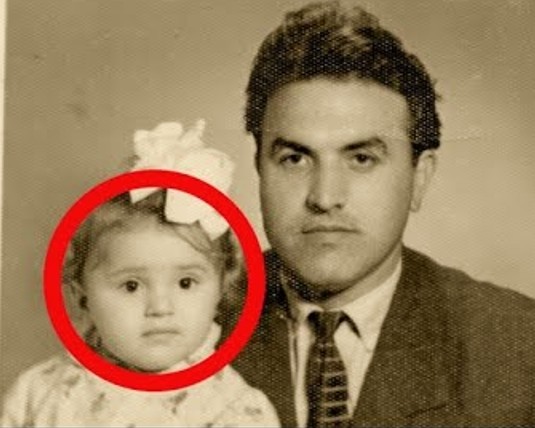Growing up, Emma always felt like the odd one out in her family. Her father, James, had two children — Emma and her older brother, Daniel. But no matter how hard she tried, it seemed her father only had eyes for Daniel. He would take him fishing, cheer him on at soccer games, and spend hours talking with him in ways he never did with her. Emma tried to brush it off, but as she got older, the feelings of being unseen and unloved only grew stronger.
For years, she carried this quiet hurt, wondering what she had done wrong, why she had never been “Daddy’s favorite.” She tried everything to make him notice her — excelling in school, pouring herself into sports, and even adopting hobbies she knew he liked. But no matter what she did, she felt as though she was constantly fighting for his attention. She’d watch from the sidelines as her father showered Daniel with praise, always wondering what it was that made her so different.
Eventually, she left for college and moved out, hoping the distance would help her forget about it. She found success in her career and built a life of her own, yet a part of her still ached, that little girl inside still yearning for the love she had never quite received. She and her father stayed in touch, but their relationship was strained and distant, filled with polite conversations that never quite bridged the gap between them.
Then, one day, everything changed.
It was at her father’s funeral. Standing next to her mother, who was overwhelmed with grief, Emma found herself sorting through her father’s belongings to help her mother get things in order. She came across a stack of old letters, all bound with a faded red ribbon. Curious, she untied it, letting the letters spill onto the table. Most were old correspondences from her father’s past, but one envelope, marked with her name in her mother’s handwriting, caught her attention.
Her hands trembled as she opened the letter, and she began to read her mother’s words from decades ago. It was a letter her mother had never meant for her to find — one that exposed a hidden family truth she had never imagined.
In the letter, her mother wrote about a night years before Emma was born, confessing that she had made a mistake. It revealed that Emma’s biological father was not James. Her mother had been in love with someone else, a fleeting romance she ended before reconciling with James. When she found out she was pregnant with Emma, she had already reconciled with him and, for the sake of stability, never told him the truth. James, Emma realized, had known she wasn’t his biological daughter all along.
She continued reading, and a wave of emotion overtook her as the truth unfolded. James had tried to accept Emma, to love her as his own, but he had struggled, feeling betrayed by her mother’s secret. It was a painful truth, one he couldn’t reconcile with the life he wanted to build, and though he had stayed and raised Emma, the bond had never formed.
Tears streamed down her face as she finally understood the reason behind her father’s distance, his inability to fully embrace her as his daughter. It wasn’t her fault, and it never had been. All these years, she had carried a burden of feeling unworthy of his love, never knowing that his behavior stemmed from wounds of his own.
Emma sat there for hours, processing the grief, the relief, and the sadness. She grieved for the relationship she had always wanted but could never have and felt a strange sense of peace knowing that she wasn’t the reason her father had been so distant. It was a complex, messy truth, but at least it was the truth. She was finally free of the self-doubt and pain she had carried with her since childhood.
Over the next few months, she poured her heart into healing, taking the time to forgive her mother and to reconcile her own identity. She realized that, though she might not have had the love she longed for from her father, she could still find it within herself. She was her own person, no longer defined by her father’s approval, and for the first time in her life, she felt whole.
Emma learned that family could be both beautiful and flawed, that people are complicated, and that sometimes, the love we seek from others is one we have to find within ourselves. And as she moved forward, she carried the knowledge that she was enough, just as she was — deserving of love, no matter where she came from or who her parents were.
